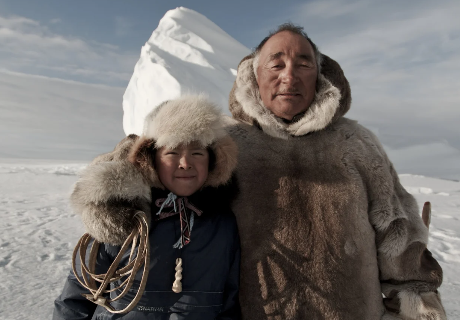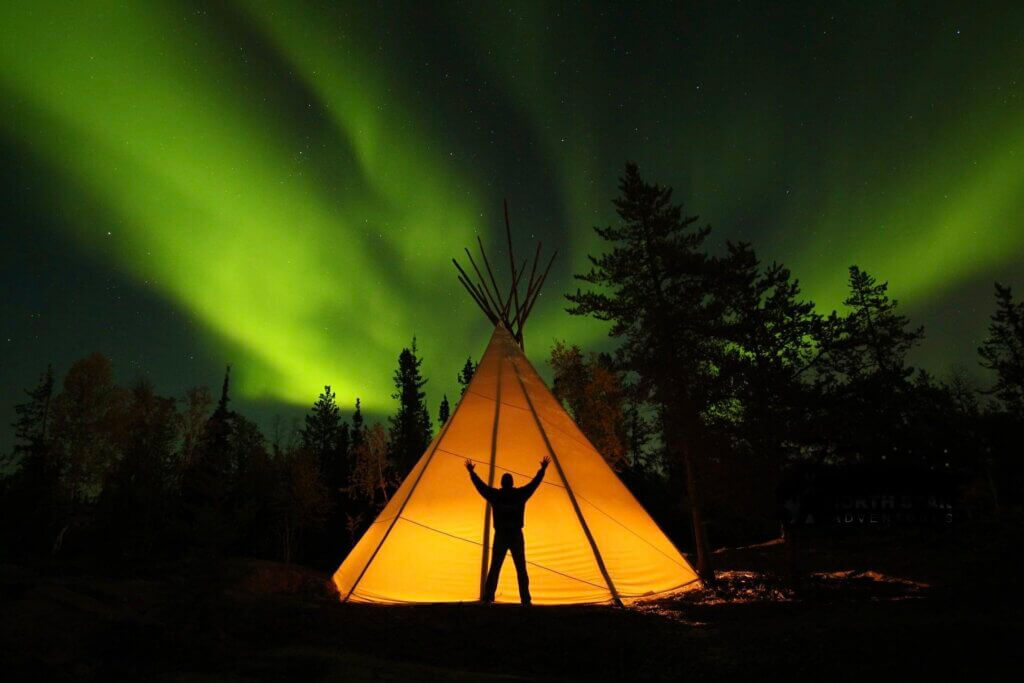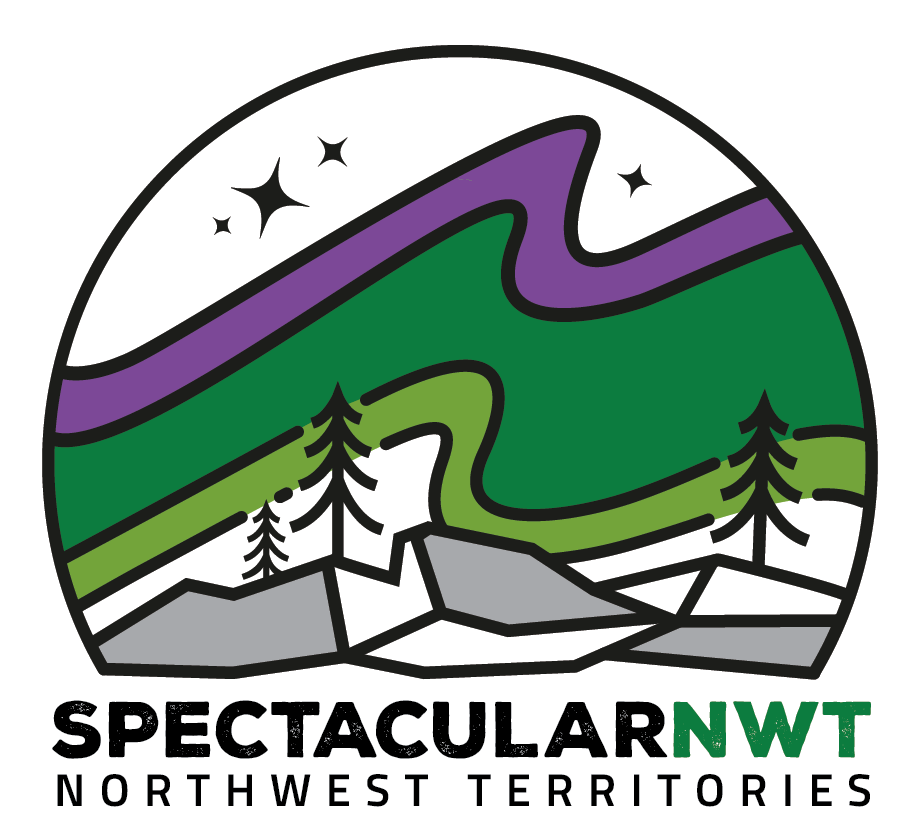Communities around both Fort Smith and Hay River gather in these towns for community feasts and outdoor barbeques on Indigenous Peoples Day. The South Slave Region has just as many phenomenal lakes and rivers as anywhere else in the territory, making fish a common and popular sight at community gatherings. That includes Whitefish, Lake Trout from the depths of Great Slave Lake, and fierce Northern Pike.
National Indigenous Peoples Day events in the NWT are a time for celebrating heritage and sharing culture. Celebrations in the South Slave include a variety of hands-on culinary workshops like bannock and drymeat making, and fish filleting – a valuable skill for anyone who wants to enjoy an authentic shore lunch on their next fishing trip. These workshops are led by Indigenous knowledge holders who pass down skills and traditions that have been part of life in the South Slave for centuries.
No matter where you spend National Indigenous Peoples Day in the Northwest Territories, you’ll find communities of friends and families gathering to celebrate culture while sharing good times and great food. The traditional food shared in each of the regions is unique to the lifestyles and environments of the people who have lived there since time immemorial, and a crucial part of connecting with the cultures of the North.
What starts with a taste of fried fish or a mouthful of fresh bannock often turns into a full experience and appreciation of a different culture. There’s no better way to step into that journey than joining an Indigenous Peoples Day celebration in the NWT.
The Northwest Territories is made spectacular by the thriving cultures, deep histories, and rich traditions of the people who call it home. Don’t miss your opportunity to experience the authentic art and culture of the NWT on your visit through the North.
Every community across the NWT has its own timeless history of storytelling through art. Read more to learn what makes each practice unique and where you can find authentic Indigenous art from artists across the territory.




































